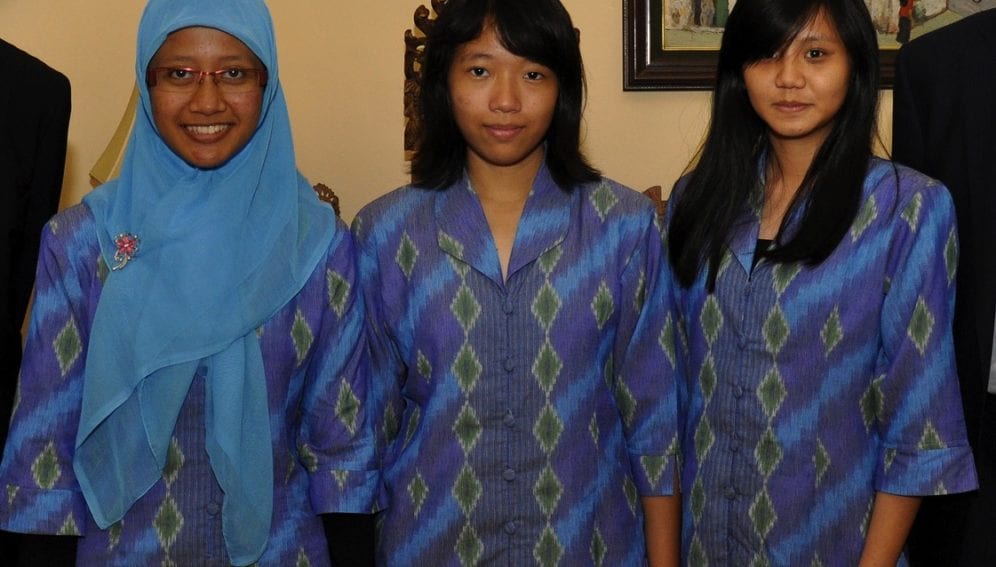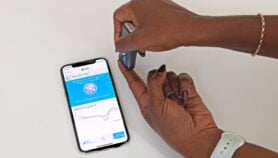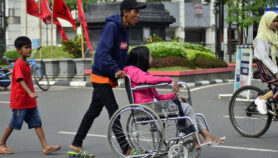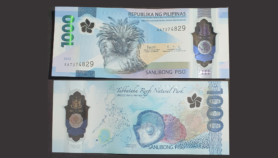Send to a friend
The details you provide on this page will not be used to send unsolicited email, and will not be sold to a 3rd party. See privacy policy.
[JAKARTA] Developing nations' patent applications are dominated by foreign applicants seeking protection for their innovations. Only Indonesia and China have more of their own citizens than foreigners applying for patents locally, according to the Derwent World Patent Index 2013 released in September.
Indonesia's scientists, most of them from universities and government research institutions, contributed to nearly 55 per cent of the country's total patents in 2012 while in China over 75 per cent are domestic applicants.
This was in contrast with other developing countries in the G20 such as Argentina, Brazil, Mexico and Saudi Arabia, where most of the patents were granted to non-residents. For instance, in Argentina, only 17 per cent of patents applications last year came from locals, while in Mexico the figure is just eight per cent.
Most of the patents made by Indonesian scientists are related to natural products — potentially useful new chemicals isolated from natural sources such as plants — and food and agricultural processes. The patents made by private foreign companies, in contrast, mostly deal with technology.
Deni Noviana, division chief of Research and Innovation at Bogor Agricultural University, Indonesia, where the highest number of Indonesian patents originated, thinks that one reason for his nation's scientists' good performance is the way patents are being used to gain career promotion.
"In Indonesia, scientists have to gain certain credits to get job promotion and an increased salary. Publishing patent is one of the way of getting these credits," says Noviana.
The potential economic returns are another motivation, Noviana adds.
According to data from Indonesia's Directorate for Intellectual Property Rights, the number of patent applications made by universities and government scientists increased by 41 per cent last year compared with 2011 levels.
"But numbers do not always tell a story by themselves," says Loet Leydesdorff, a professor at the Amsterdam School of Communications Research, University of Amsterdam, the Netherlands.
"By solely relying on increasing numbers, it's hard to tell whether the rise in Indonesia's innovation output will boost its economic growth," he says.
Said Nafik, division chief of Management and Development System at Indonesia's Directorate for Intellectual Property Rights, explains that commercialisation is a very big problem for these patents.
"We have granted patents to many great ideas made by our local scientists but we have difficulty commercialising them. It will all be useless if we have the technology but have no one to invest in them," says Nafik.
Link to the full report
This article has been produced by SciDev.Net's South-East Asia & Pacific desk.














